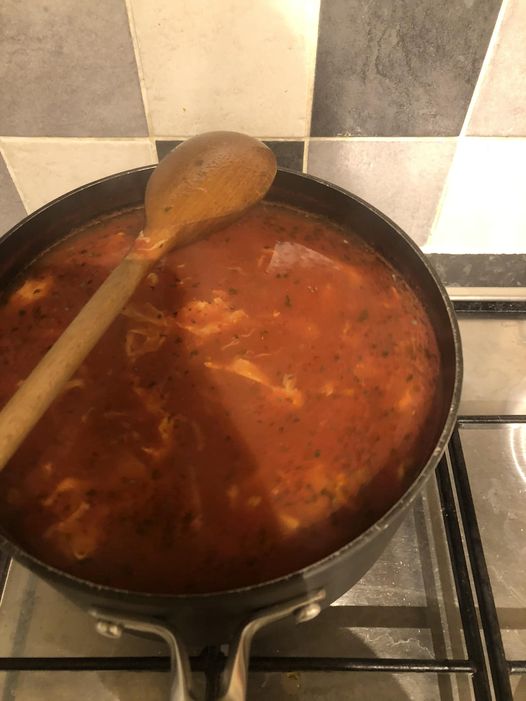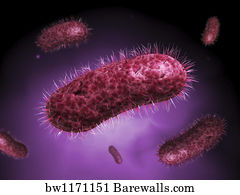In order to understand how this started, I will probably write a series of blog posts related to nutrition, mental health, and how they are connected. This is the introductory post, and I will talk about the current mental health crisis.
Is there a mental health crisis? Let's see some numbers, mental illness prevalence, how many people were affected by poor mental health, and the statistics are surprising, before the year 1750 we got 1 case in 10000 people, and this number tripled by 1960 to 3 cases in 10000 people. And then something happened, as now (by now I mean 2020) we have 2000 (two thousand) cases in 10000 (ten thousand) people. This is as much as one case in every 5 people. And there is more, as poor mental health is not affecting only the individual, but also their family and friends.

Mental health diagnosis is growing quickly and current treatments are not enough. Not all people get well with conventional treatment. The current solution is using the medication as the main frontline treatment, to manage the illness (especially in Western society). Conventional treatment helps a bit to manage the condition but did not solve the problem.

Now, another option is explored. Good nutrition matters for good health, physical and mental. Poor nutrition can cause physical illnesses such as diabetes and obesity, but according to the latest research, poor nutrition is also a risk factor for the development of mental illnesses. Genetics, childhood environment, exposure to trauma, brain injury, poverty, and toxins, all of these factors can increase the risk of mental illnesses. You can see that stress is a common link between many causes, but the question is did we have a more stressful life or it is just that our resilience is now lower due to our poor nutrient intake.

Solutions? The anti-depressant market is expected to double once more, as it was worth $14.3B in 2019, and $28.6B in 2020. And 17% of the adults are prescribed antidepressants, antianxiety, and/or antipsychotic pills (all those numbers doubled up over a five-year span). If you stop taking those medications you can have challenging and debilitating withdrawal effects.
Can changing the way we eat be another solution? How you eat today affects how you feel and how you think tomorrow. Can proper diet be the key factor for optimizing the brain's resilience? I would like to say Yes.
But then, there is something that you should know, the treatment gap issue. The treatment gap is defined by the number of people who are NOT receiving treatment in any way for their mental health problems. It is estimated that more than half of the people having mental health problems never receive any treatment for it. Putting more mental health professionals on the ground may help, but there are not enough professionals, and it takes a long time to train one.
Exploring the food environment is one solution, something that can be reasonably and easily modified, and we will try to explore this a bit more in this current series of blog posts.
Until then, see you tomorrow, have a good night.
George
